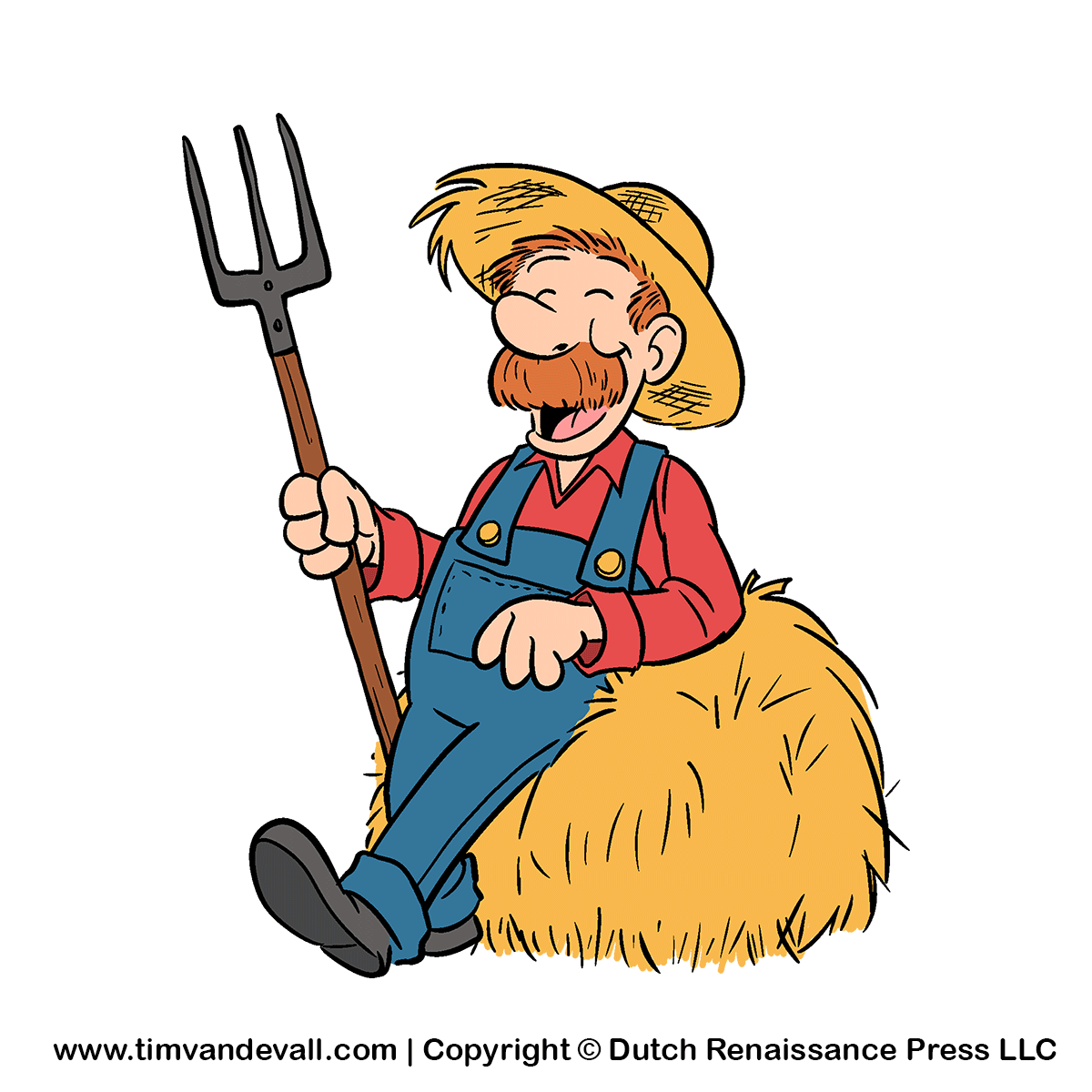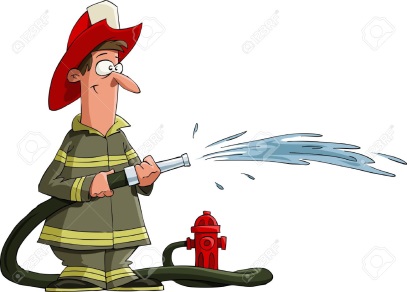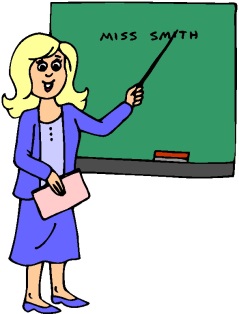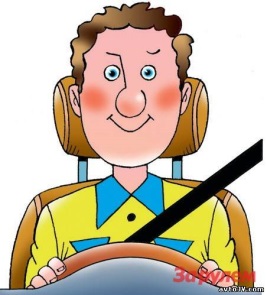
|
LESSON: Unit 4 The world of work Topic: Professions |
School: |
|||||
|
Date: |
Teacher’s name: |
|||||
|
CLASS: 5 |
Number present: |
absent: |
||||
|
Learning objectives(s) that this lesson is contributing to |
5.L4 understand the main points of supported extended talk on a range of general and curricular topics 5.S6 communicate meaning clearly at sentence level during, pair, group and whole class exchanges 5.S7 use appropriate subject-specific vocabulary and syntax to talk about a limited range of general topics |
|||||
|
Lesson objectives |
All learners will be able to: |
|||||
|
||||||
|
Most learners will be able to: |
||||||
|
||||||
|
Some learners will be able to:
|
||||||
|
||||||
|
Language objectives
|
Learners can understand, use vocabulary “Professions” and use the present simple tense. |
|||||
|
Assessment criteria |
|
|||||
|
Values links |
Respect and cooperation by:
|
|||||
|
ICT skills |
Projector or Smart board for presenting a video |
|||||
|
Intercultural awareness |
Students will be able to explain what people of different occupations do |
|||||
|
Previous learning |
Learners are expected to know names of some professions from previous grades. |
|||||
|
Plan
|
||||||
|
Planned timings |
Planned activities |
Resources |
||||
|
0-3 minutes
2 min |
Class routine. Learning and lesson objectives are introduced. In order to create friendly atmosphere in class Teacher asks students to make a circle and say some words beginning with I wish you… to each other. Starter: the learners are demonstrated a number of pictures and the teacher asks the students to talk in pairs and guess the topic. Students discuss and report back to the teacher. They guess the theme of the lesson. |
PPT slides |
||||
|
5 min
3 min
5-7 min
8 min
5-7 min
6 min |
Vocabulary work.
on the board and say if they are professions or not – farmer, babysitter, teacher, doctor, plumber, tailor, fireman, artist, taxi-driver, dentist… (the ‘professions’ need special education and diploma and ‘not professions’ can be done without special qualification)
He’s / She’s a … (builder). He / she … (builds houses).
I would like to be a …, because I want to …. After this activity the teacher asks all the learners about his/her partner’s wish. Formative assessment: Listening to the song. The learners listen to a song and cross out the names of professions they hear. Then they sing the song themselves. Group work: Differentiation High-level learners give their opinion about any profession they like, middle-level students choose one picture and make dialogues, low-level students are given task to match words and pictures. Group work. Learners work with a chart in groups: divide professions into groups well-paid/ low-paid, physical/mind |
A list of words, supported with pictures.
Cards with pictures
http://learnenglishkids.britishcouncil.org/en/songs/people-work Formative assessment
Handout. |
||||
|
4 min |
Plenary Questions can be posed by the teacher, in pairs or groups.
Reflection: the learners show one of the signs they have at the desk that mean:
Home task: differentiation: low-level learners - learn the words, make sentences about their parents’ professions, middle-level learners – make sentences (5-6) about professions of their family members, high-level students - make a short text about their dream profession. |
|
||||
|
Additional information |
||||||
|
Differentiation – how do you plan to give more support? How do you plan to challenge the more able learners? |
Assessment – how are you planning to check learners’ learning? |
Health and safety check |
||||
|
Differentiation will help to achieve lesson objectives in speaking (working with handout) and it is present in hometask (to revise new material at home) |
Assessment is conducted by the teacher. Self-assessment is done by the learners as the teacher asks questions about what they have learnt and what they can do at the end of the lesson. |
Instruction about safety rules in the classroom. |
||||
Formative Assessment
Unit 4 The world of work. Professions.
5 grade
|
Unit 4 The world of work |
Profession |
|
Learning Objectives |
5.L4 understand the main points of supported extended talk on a range of general and curricular topics |
|
Level of thinking skills |
Knowledge Comprehension |
|
Assessment criteria |
Demonstrate the ability to listen appropriate words. |
|
Task. The learners listen to a song and cross out the names of professions they hear. a doctor a farmer a businessman a teacher a driver a fireman a policeman a cook a vet a babysitter |
|
|
Descriptor |
A learner |
|
|
listen to the song twice; |
|
identify appropriate words ( jobs) ; |
|
|
cross these words out;
|
|
Unit 4 The world of work. Professions.
5 grade Work in groups. Handout.
|
Differentiation in task. High-levelled learners give their opinion about any profession they like, middle-levelled students choose one picture and make dialogues, low-levelled students are given task to match words and pictures. a teacher a farmer a cook a driver a firefighter a dentist a policeman
e. __________________ f. _______________ g. _________________ |
жүктеу мүмкіндігіне ие боласыз
Бұл материал сайт қолданушысы жариялаған. Материалдың ішінде жазылған барлық ақпаратқа жауапкершілікті жариялаған қолданушы жауап береді. Ұстаз тілегі тек ақпаратты таратуға қолдау көрсетеді. Егер материал сіздің авторлық құқығыңызды бұзған болса немесе басқа да себептермен сайттан өшіру керек деп ойласаңыз осында жазыңыз
Ашық сабақтың тақырыбы:Professions
Ашық сабақтың тақырыбы:Professions
|
LESSON: Unit 4 The world of work Topic: Professions |
School: |
|||||
|
Date: |
Teacher’s name: |
|||||
|
CLASS: 5 |
Number present: |
absent: |
||||
|
Learning objectives(s) that this lesson is contributing to |
5.L4 understand the main points of supported extended talk on a range of general and curricular topics 5.S6 communicate meaning clearly at sentence level during, pair, group and whole class exchanges 5.S7 use appropriate subject-specific vocabulary and syntax to talk about a limited range of general topics |
|||||
|
Lesson objectives |
All learners will be able to: |
|||||
|
||||||
|
Most learners will be able to: |
||||||
|
||||||
|
Some learners will be able to:
|
||||||
|
||||||
|
Language objectives
|
Learners can understand, use vocabulary “Professions” and use the present simple tense. |
|||||
|
Assessment criteria |
|
|||||
|
Values links |
Respect and cooperation by:
|
|||||
|
ICT skills |
Projector or Smart board for presenting a video |
|||||
|
Intercultural awareness |
Students will be able to explain what people of different occupations do |
|||||
|
Previous learning |
Learners are expected to know names of some professions from previous grades. |
|||||
|
Plan
|
||||||
|
Planned timings |
Planned activities |
Resources |
||||
|
0-3 minutes
2 min |
Class routine. Learning and lesson objectives are introduced. In order to create friendly atmosphere in class Teacher asks students to make a circle and say some words beginning with I wish you… to each other. Starter: the learners are demonstrated a number of pictures and the teacher asks the students to talk in pairs and guess the topic. Students discuss and report back to the teacher. They guess the theme of the lesson. |
PPT slides |
||||
|
5 min
3 min
5-7 min
8 min
5-7 min
6 min |
Vocabulary work.
on the board and say if they are professions or not – farmer, babysitter, teacher, doctor, plumber, tailor, fireman, artist, taxi-driver, dentist… (the ‘professions’ need special education and diploma and ‘not professions’ can be done without special qualification)
He’s / She’s a … (builder). He / she … (builds houses).
I would like to be a …, because I want to …. After this activity the teacher asks all the learners about his/her partner’s wish. Formative assessment: Listening to the song. The learners listen to a song and cross out the names of professions they hear. Then they sing the song themselves. Group work: Differentiation High-level learners give their opinion about any profession they like, middle-level students choose one picture and make dialogues, low-level students are given task to match words and pictures. Group work. Learners work with a chart in groups: divide professions into groups well-paid/ low-paid, physical/mind |
A list of words, supported with pictures.
Cards with pictures
http://learnenglishkids.britishcouncil.org/en/songs/people-work Formative assessment
Handout. |
||||
|
4 min |
Plenary Questions can be posed by the teacher, in pairs or groups.
Reflection: the learners show one of the signs they have at the desk that mean:
Home task: differentiation: low-level learners - learn the words, make sentences about their parents’ professions, middle-level learners – make sentences (5-6) about professions of their family members, high-level students - make a short text about their dream profession. |
|
||||
|
Additional information |
||||||
|
Differentiation – how do you plan to give more support? How do you plan to challenge the more able learners? |
Assessment – how are you planning to check learners’ learning? |
Health and safety check |
||||
|
Differentiation will help to achieve lesson objectives in speaking (working with handout) and it is present in hometask (to revise new material at home) |
Assessment is conducted by the teacher. Self-assessment is done by the learners as the teacher asks questions about what they have learnt and what they can do at the end of the lesson. |
Instruction about safety rules in the classroom. |
||||
Formative Assessment
Unit 4 The world of work. Professions.
5 grade
|
Unit 4 The world of work |
Profession |
|
Learning Objectives |
5.L4 understand the main points of supported extended talk on a range of general and curricular topics |
|
Level of thinking skills |
Knowledge Comprehension |
|
Assessment criteria |
Demonstrate the ability to listen appropriate words. |
|
Task. The learners listen to a song and cross out the names of professions they hear. a doctor a farmer a businessman a teacher a driver a fireman a policeman a cook a vet a babysitter |
|
|
Descriptor |
A learner |
|
|
listen to the song twice; |
|
identify appropriate words ( jobs) ; |
|
|
cross these words out;
|
|
Unit 4 The world of work. Professions.
5 grade Work in groups. Handout.
|
Differentiation in task. High-levelled learners give their opinion about any profession they like, middle-levelled students choose one picture and make dialogues, low-levelled students are given task to match words and pictures. a teacher a farmer a cook a driver a firefighter a dentist a policeman
e. __________________ f. _______________ g. _________________ |

шағым қалдыра аласыз

























